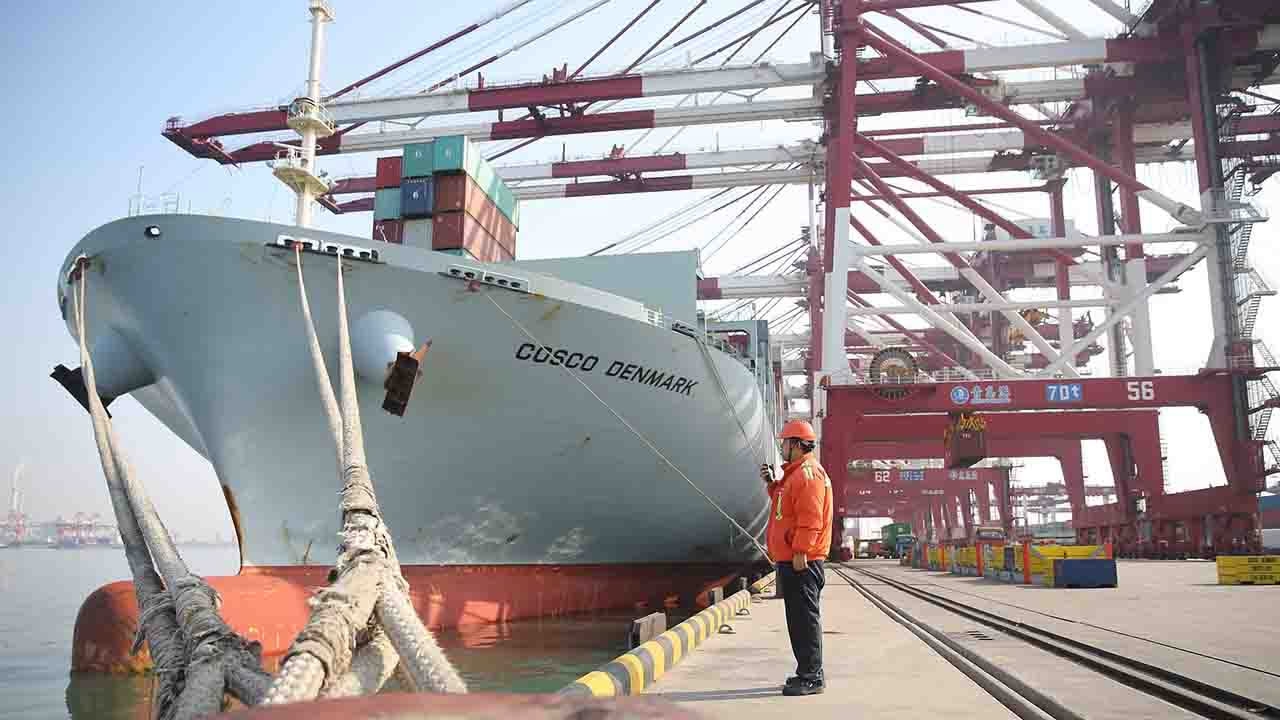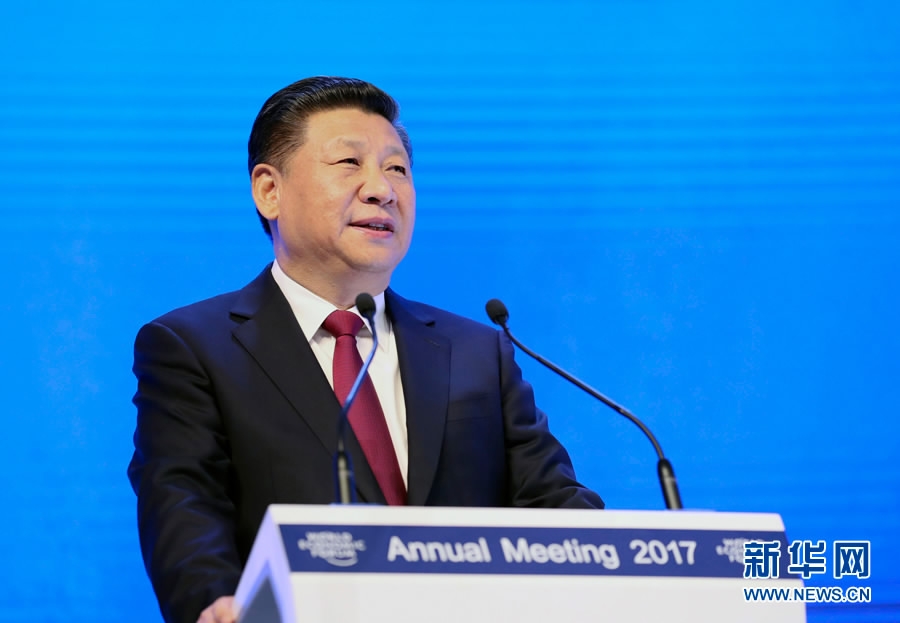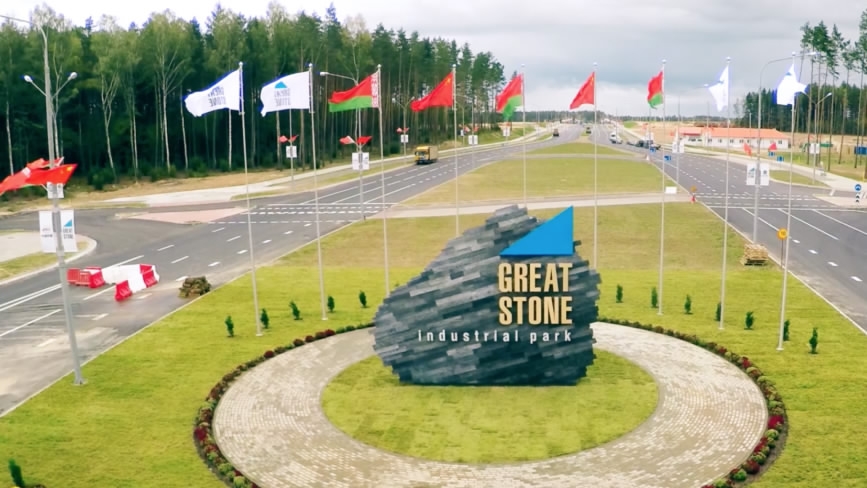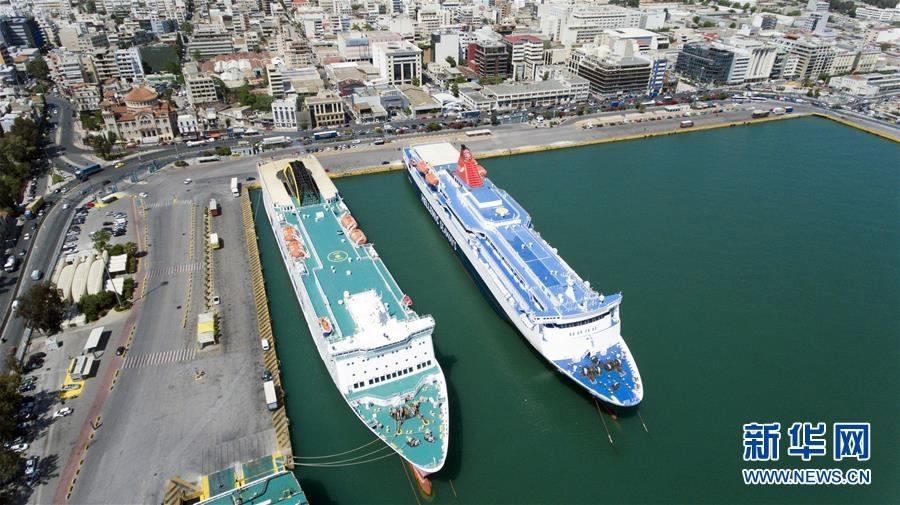
Politics
22:22, 10-May-2017
Closer to the Belt & Road Initiative with R.L.Kuhn: Openness and inclusiveness

By CGTN’s R.L. Kuhn
The Belt and Road Initiative refers to the Silk Road Economic Belt over land and the 21st Century Maritime Silk Road over the seas. It was launched by the Chinese government to promote economic cooperation among participating countries.
The Belt and Road Initiative focuses on infrastructure projects that are jointly built through consultation to meet the interests of all.
Belt and Road connectivity projects help align and coordinate the development strategies of participating countries, build market potential, promote investment and consumption, and create demand and job opportunities.
The human side of the Belt and Road Initiative encourages people-to-people and cultural exchanges, and fosters mutual learning, so that diverse peoples can understand, trust and respect each other, live in peace and harmony, and seek prosperity and fulfillment.

The Belt and Road Forum for International Cooperation exemplifies China’s emergence as a great power and an innovative, international leader.
When some people are pleased to see China’s emergence but some are not — they worry, openly or privately, about what a strong China might do.
The so-called “China Threat” is real in that some people, especially some foreigners believe it to be real. But do they know the real China? Has China’s “time” now come?

Chinese President Xi Jinping announces China would host the Belt and Road Forum for International Cooperation (BRF) on May 14-15 during at the Annual Meeting of the World Economic Forum in Davos on January 17. /Xinhua Photo
Chinese President Xi Jinping announces China would host the Belt and Road Forum for International Cooperation (BRF) on May 14-15 during at the Annual Meeting of the World Economic Forum in Davos on January 17. /Xinhua Photo
President Xi Jinping described China’s strategic objectives in foreign affairs as protecting China’s core interests and constructing win-win international relationships. China, he said, should “make friends and form partnership networks throughout the world” and “strive to gain more understanding and support” for the Chinese dream.
Moreover, President Xi said China should conduct “diplomacy as a great power” in an increasingly “multi-polar” world. China cannot compete for global leadership by power alone. Economic and military strength, while necessary, are not sufficient. There must also be a moral or ethical arc to China’s rise, including Belt and Road projects.
China, President Xi asserts, should “balance justice and benefits, stress faithfulness, value friendship, carry forward righteousness, and foster ethics.” He calls for China to “participate and lead, make China’s voice heard, and inject more Chinese elements into international rules.”

The China-Belarus Industrial Park in Minsk, capital of Belarus, also known as Great Stone Industrial Park, China’s largest overseas economic and trade project, is promoted by the leaders of both countries. / CAMCE Photo
The China-Belarus Industrial Park in Minsk, capital of Belarus, also known as Great Stone Industrial Park, China’s largest overseas economic and trade project, is promoted by the leaders of both countries. / CAMCE Photo
It is good that China stresses cooperation and sharing, sensitized by challenges, even accusations, such as when companies in host countries feel frozen out of Belt and Road projects while China's state-owned enterprises take control. Western capitals fret about a lack of transparency in Belt and Road projects; some complain about countries with poor human rights records; some are suspicious of China's political intent, imagining Belt and Road as China’s “expeditionary force” seeking world ascendancy.
Significantly, though, countries outside Belt and Road regions are participating, such as Argentina and Chile.
For China’s Belt and Road Initiative to succeed, it must be viewed as a "circle of friends" open to all countries that share similar goals, as China’s Foreign Minister Wang Yi said, rather than as a China-led club. It would be a mistake to position the Belt and Road Initiative as challenging the West, as some state media have implied.

May 3, 2017: Piraeus, Greece's largest port, is China’s COSCO Shipping’s investment benefiting China, Greece and Europe. /Xinhua Photo
May 3, 2017: Piraeus, Greece's largest port, is China’s COSCO Shipping’s investment benefiting China, Greece and Europe. /Xinhua Photo
Rather, the Belt and Road Initiative exemplifies President Xi’s new global thinking of "active engagement."
It is an inclusive developmental model guided by the principle of mutually beneficial growth.
Inclusiveness is key.
While the initial focus is strengthening connectivity among Asia, Europe and Africa, the big vision is to “uphold the rules-based, transparent, non-discriminatory, open and inclusive multilateral trading system with the World Trade Organization at its core."
China’s Belt and Road Initiative is good for China, too, not only economically but also for its maturing diplomacy, requiring nuance and sensitivity in dealing with diverse countries and cultures.

SITEMAP
Copyright © 2018 CGTN. Beijing ICP prepared NO.16065310-3
Copyright © 2018 CGTN. Beijing ICP prepared NO.16065310-3